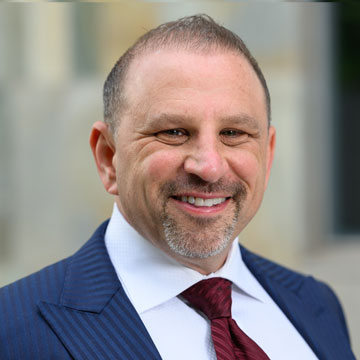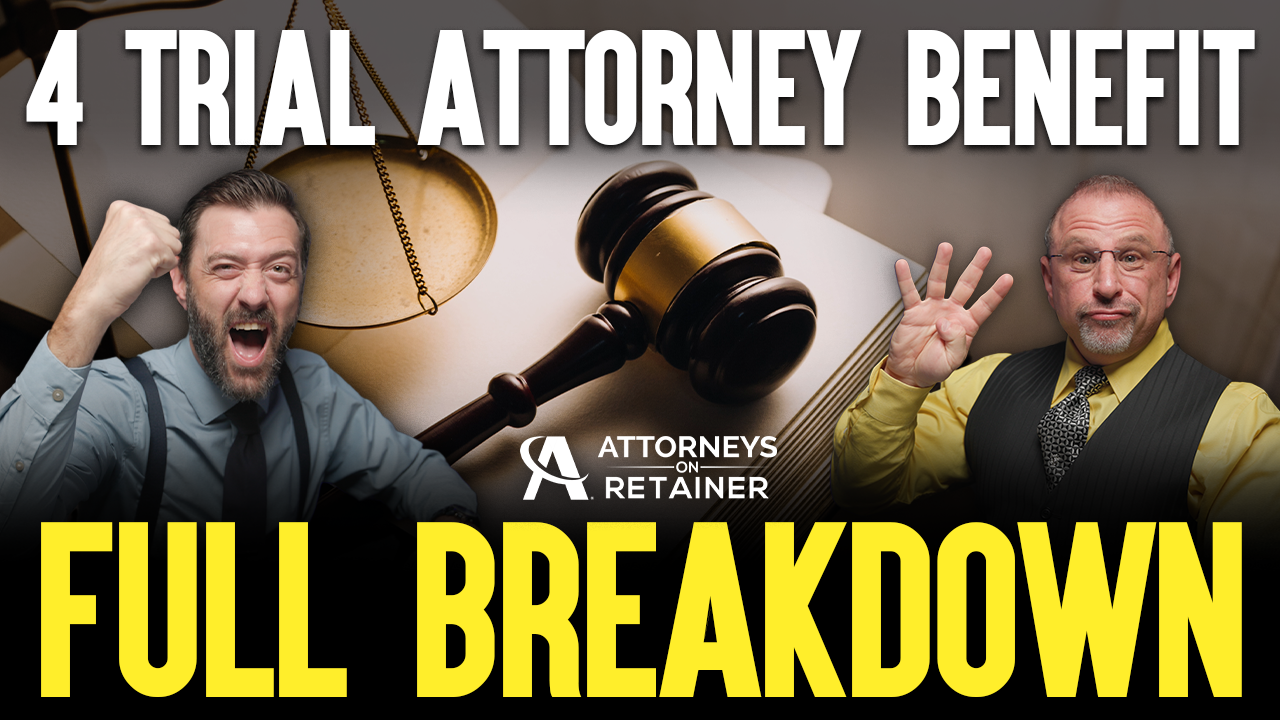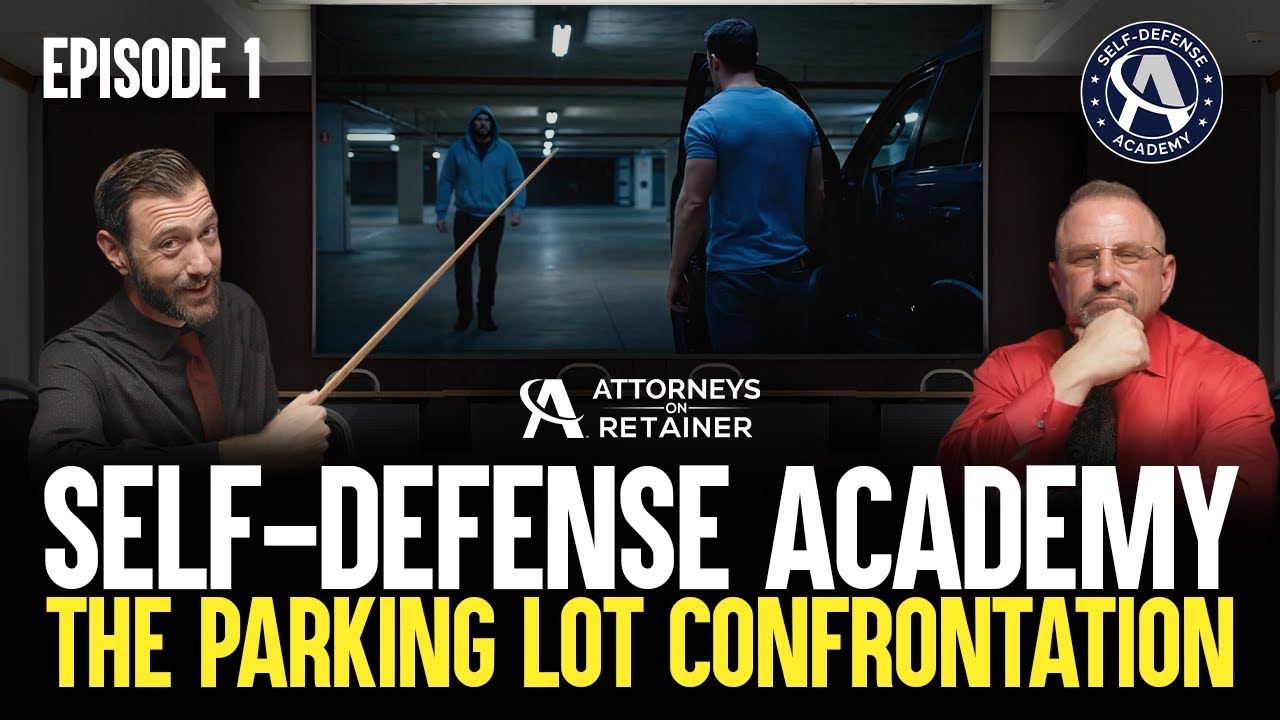Talk to the Police? Or Don’t Talk to the Police? Marc J. Victor & Massad Ayoob Agree to Disagree
August 2, 2023
AOR Program Update - 4/1/25
The Attorneys On Retainer Program has been updated since this video was initially released. The program is designed with the same strengths as the original program, particularly its close affiliation with the only law firm in the United States working solely on self-defense cases, and this new program includes much more! For additional information, click here.
As a criminal defense lawyer at the Attorneys For Freedom Law Firm, I have 30 years of experience in state and federal courts, handling many criminal defense cases. I always say, “Just stay quiet and don’t talk to the police!” I believe, like most defense attorneys, that you should never talk to the police without first speaking with your attorney.
I had the chance to talk about self-defense with Massad Ayoob, a well-known expert in guns and self-defense since the 1980’s. Our discussion started because of Massad’s video on “what to say to the police after a shooting,” which led to some debate between us. Massad thinks you should say a few things to the police, and he explains what he believes you should say. This difference in our opinions made for an interesting and enlightening conversation.
Key Points
- Massad’s Five Key Recommendations
- My Perspective on What You Should Do
- The House Break-In Scenario
- Why Staying Quiet After a Shooting Is Important
- The Importance of Legal Advice
- My Final Thoughts
Massad’s Five Key Recommendations
Massad Ayoob outlined a five-point checklist for individuals involved in a self-defense shooting. Here’s what he advises you should do:
- Describe the Actions: Immediately explain what the attacker did to justify your shooting. For example, “This man tried to carjack me.”
- Indicate Cooperation: Show willingness to cooperate with law enforcement by stating, “I will sign a complaint.”
- Identify Evidence: Point out any evidence that could be crucial, such as the attacker’s weapon or shell casings.
- Highlight Witnesses: Identify any witnesses to the event, ensuring their testimony can support your case.
- Request Legal Counsel: After giving the above information, say, “I want my lawyer,” and refrain from further comments.
My Perspective on What You Should Do
From my standpoint, based on extensive experience as a criminal defense attorney, here’s what I recommend:
- Stay Silent: After a self-defense shooting, the best advice I can give is to remain silent. Anything you say can be used against you, and it’s often better to say nothing at all.
- Wait for Your Lawyer: Request to speak to a lawyer before making any statements. Your lawyer can present your case more effectively.
- Avoid Incriminating Details: Providing specific details immediately after a stressful event can lead to mistakes that could be detrimental to your case.
- Preserve Evidence: While it’s important to ensure evidence is preserved, this should be handled by your lawyer to avoid any potential misinterpretation.
- Stay Calm: Maintain composure and professionalism when dealing with law enforcement, even when requesting legal counsel.
The House Break-In Scenario
Consider a scenario where someone breaks into your house. You may believe it was a break-in, but what if your daughter had let the person in without your knowledge? If you tell the police, it was a break-in, this could later appear as a lie or misstatement, complicating your defense. It’s crucial to avoid making definitive statements about the incident without fully understanding the situation and consulting with your lawyer first.
Why Staying Quiet After a Shooting is Important
Massad shared a story about a man who stayed quiet after a shooting and ended up spending 10 days in jail. His point was that if the guy had spoken up initially, he might not have been arrested at all. However, I argue that 10 days in jail is a small price to pay compared to the potential damage you can do to your defense by talking to the police.
I’ve seen many cases where clients could have had better outcomes if they hadn’t spoken to the police. Statements made under stress can be inaccurate and incomplete, giving the prosecutor ammunition to use against you. You might leave out important details or make a mistake about the facts, which could then be twisted to make you look guilty.
The Importance of Legal Advice
It’s also important to remember that the police are not the ones making the final decision on charges. The prosecutor will review all the evidence, not just from your statement. By letting your lawyer present your case later, after a thorough review of the evidence, you stand a better chance of avoiding charges altogether.
The key point I’m trying to emphasize is that legal advice should come from your lawyer. Legal professionals have the experience and understanding to navigate complex situations. Making statements to the police without this guidance can lead to unintended consequences, even if you believe you are acting in self-defense.
My Final Thoughts
I appreciate Massad’s perspective on the topic, and we have agreed to disagree on the appropriate actions following a self-defense shooting. While Massad Ayoob’s five-point checklist aims to provide clarity and cooperation with law enforcement, I advocate for a more cautious approach. Staying silent and seeking legal counsel immediately can prevent potential missteps and provide a stronger defense. Always remember, the best scenario is to avoid situations where you might need to use your firearm in the first place. Stay aware of your surroundings, and if possible, de-escalate any potential threats.
If you want reliable legal defense for self-defense cases without all the unnecessary exclusions, be sure to check our Attorneys On Retainer Program. For more information, contact us by calling (866)-404-5112 or email us.




